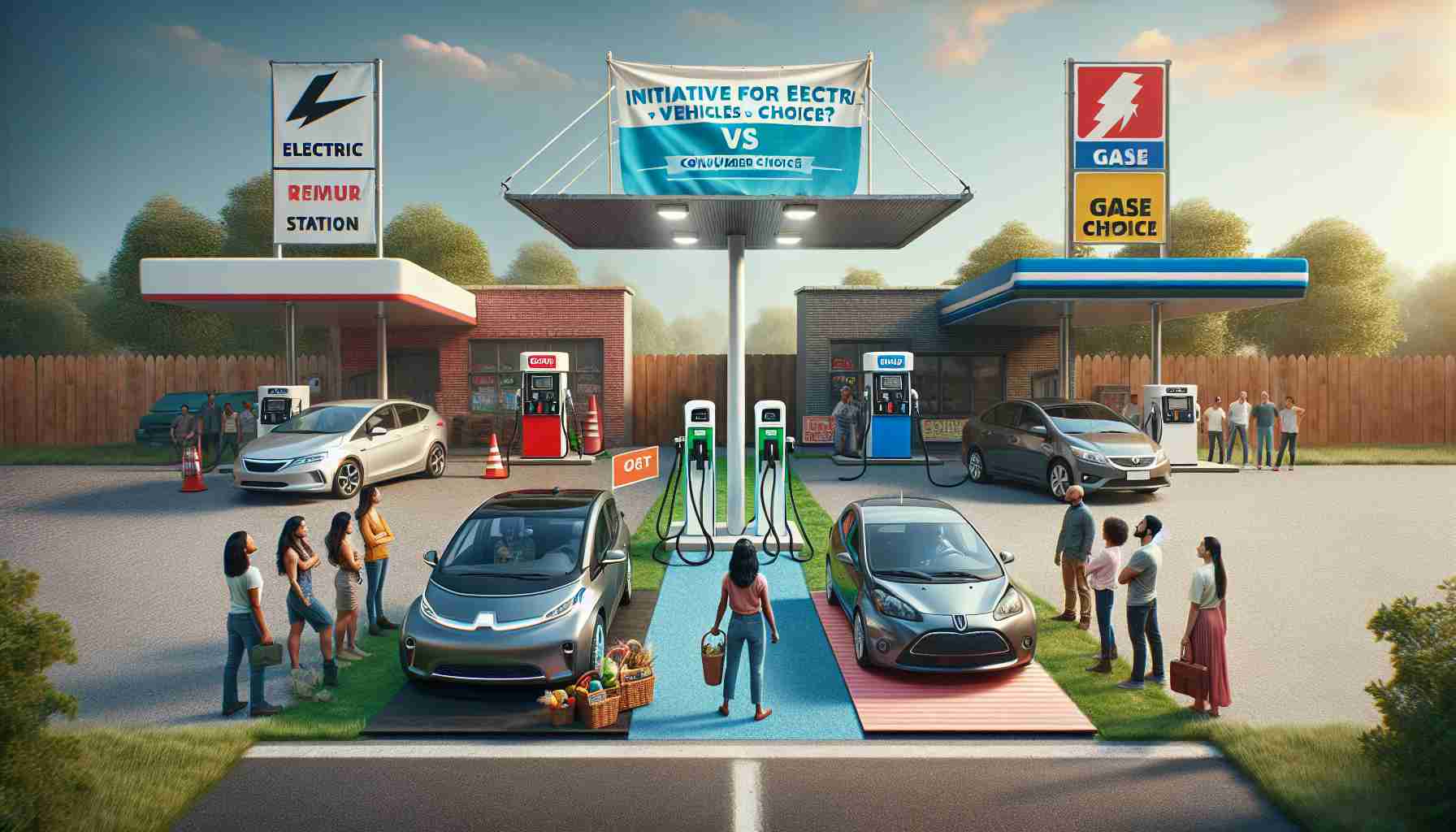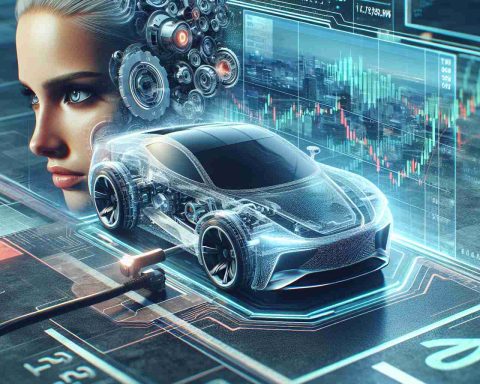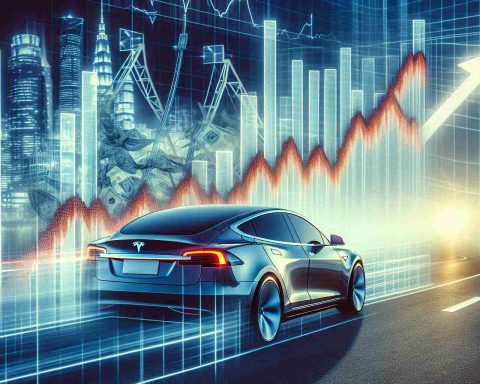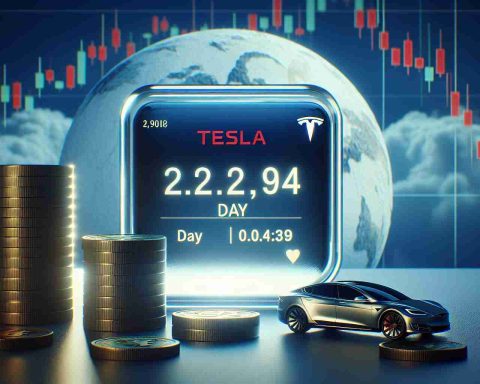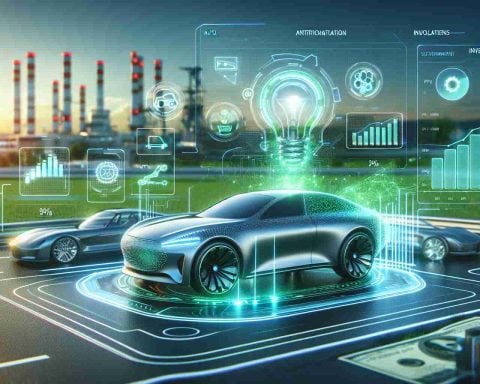Significant changes are on the horizon for electric vehicle funding in Illinois. Recently, the Illinois Environmental Protection Agency unveiled a new round of funding aimed at providing rebates for electric vehicle (EV) purchases, backed by a recent allocation of up to $14 million from the Illinois General Assembly. Governor J.B. Pritzker emphasizes that this initiative aligns with the state’s ambitious plan to encourage 1 million electric vehicles on the roads by 2030 through their Climate and Equitable Jobs Act.
In contrast, the national conversation surrounding electric vehicles has shifted dramatically with the new administration’s directives. President Donald Trump has taken steps to repeal former President Biden’s ambitious EV goals, including the target for EVs to comprise 50% of new car sales by the end of the decade. Trump’s recent executive order has also eliminated stringent emission standards that incentivized manufacturers to produce more zero- and low-emission vehicles.
The repercussions of these changes extend to renewable infrastructure, as unallocated government funds meant for EV charging stations have been revoked. This is critical since adequate charging infrastructure remains a key challenge, particularly in rural areas. Ryan McKinnon from Charge Ahead Partnership highlights the pressing need for more accessible and reliable charging stations.
With sales of electric vehicles continuing to increase, the ongoing debate about consumer choice versus regulatory measures is poised to become a hot topic in the legislative arena. The future direction of EV policies in America is uncertain, as stakeholders brace for potential court challenges and ongoing discussions.
Broadening Impact: The Future of Electric Vehicles in Illinois and Beyond
The introduction of new funding for electric vehicles (EVs) in Illinois represents more than just a state initiative; it reflects a critical shift in societal attitudes toward sustainability and climate action. As the state aims to put 1 million EVs on the roads by 2030, we witness a burgeoning cultural embrace of clean technologies. This paradigm shift fosters not only a heightened consumer interest in EVs but also drives manufacturers to innovate and respond to market demands.
Moreover, the implications for the global economy are significant. With the transition to electric mobility, supply chains must adapt to meet the diabolical rise in demand for lithium-ion batteries and other essential components. Countries rich in these resources, such as Chile and Australia, may find themselves in a pivotal position to reshape economic relations.
However, this revolution is not without potential environmental consequences. The surge in EV production can strain ecosystems through the extraction of raw materials, raising questions about sustainable sourcing and manufacturing practices. Although EVs reduce emissions during operation, the overall carbon footprint must be closely analyzed to ensure a net positive environmental impact.
Looking ahead, emerging trends indicate that public and private sectors must collaborate to enhance charging infrastructures, especially in underserved areas. As consumer adoption increases, addressing these challenges will be critical for integral support of the EV ecosystem, ultimately shaping a cleaner, more equitable future.
Illinois Powers Up: New Funding Initiative to Boost Electric Vehicle Adoption
Illinois Electric Vehicle Funding: A New Dawn
The landscape for electric vehicle (EV) funding in Illinois is undergoing significant transformation. The Illinois Environmental Protection Agency (IEPA) has recently announced a new funding initiative focused on providing rebates for electric vehicle purchases. This initiative is backed by a considerable allocation of up to $14 million from the Illinois General Assembly, reflecting the state’s commitment to environmental sustainability and clean transportation solutions.
Key Features of the Funding Initiative
– Rebate Program: The funding will support immediate rebates for individuals and families purchasing electric vehicles. This effort is designed to make EVs more accessible and affordable to a broader range of consumers.
– Long-term Goals: Governor J.B. Pritzker’s administration aims to have 1 million electric vehicles on the road by 2030, in alignment with the Climate and Equitable Jobs Act, which emphasizes equitable job creation alongside environmental progress.
Comparison: State vs. Federal Initiatives
While Illinois is pushing ahead with ambitious EV goals, the national conversation around electric vehicles has seen a stark contrast. The current federal administration has made moves to revoke previous efforts aimed at boosting electric vehicle sales, notably:
– Regulatory Rollbacks: Recent executive actions have put a halt to stringent emission standards that previously incentivized the production of zero and low-emission vehicles. This change could significantly impact the market dynamics for EV manufacturers.
– Funding Challenges: Unallocated federal funds designated for expanding EV charging infrastructure have also been rescinded. Experts, including Ryan McKinnon of Charge Ahead Partnership, emphasize that without adequate charging stations—especially in rural areas—widespread adoption of electric vehicles could stall.
Pros and Cons of Current EV Policies
# Pros:
– Increased funding at the state level can accelerate consumer adoption of electric vehicles.
– Alignment of local policies with ambitious environmental goals can create new jobs in green sectors.
# Cons:
– Federal rollbacks may lead to inconsistent standards and incentives across states.
– Lack of charging infrastructure continues to be a barrier to widespread EV usage.
Insights and Trends in the EV Market
As electric vehicle sales rise across America, the ongoing debate about the balance between consumer choice and regulatory frameworks is intensifying. Stakeholders are preparing for potential legal challenges regarding these shifting policies, emphasizing the need for clear communication and stable regulations to foster investor and consumer confidence in the EV market.
Security Aspects and Sustainability Implications
Investing in electric vehicle infrastructure brings about significant sustainability advantages, reducing the carbon footprint associated with traditional gasoline vehicles. However, it is crucial to consider security aspects pertaining to charging stations and the broader EV ecosystem. Ensuring cybersecurity for EV charging networks and data privacy for owners will be vital as the market expands.
Conclusion: The Road Ahead for Electric Vehicles
Illinois is positioning itself as a leader in EV adoption through ambitious funding initiatives, while the federal landscape presents challenges that could impact future growth. As the conflict between state and federal policies continues to unfold, the importance of robust charging infrastructure and sustainable practices will be pivotal to achieving Illinois’ goals.
For further information on electric vehicles and relevant initiatives, visit the Illinois Environmental Protection Agency.

